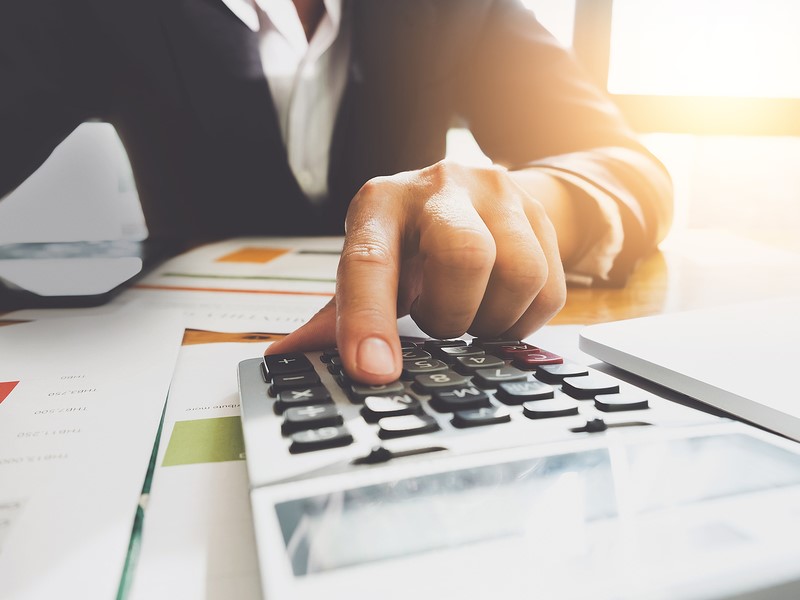
When buying a franchise, an independent business or any other kind of asset, how do you know when you’re paying too much?
For many people, a franchise will be the largest investment they ever make other than buying a home.
There are many similarities in the journey between business and home ownership, particularly the strong emotional drivers that make us see ourselves as our own boss, or the owners of a particular home. These emotional drivers go to who and how we see ourselves, and our place in the world.
Typically with the process of buying a house, we keep looking until we find “the one”, then we just have to have it. Yes, we will try to buy in our price range, but more often than not we will stretch ourselves to a higher price limit because we have fallen in love with the house and focus on it with tunnel vision.
At least to help us in the home-buying journey there are massive amounts of information to inform us of the relative market value of the property. A search of several key Australian websites will reveal – among other things – the median housing price for the suburb in which the house is located, the price at which the house last sold and when it sold, and include comparative prices of other houses in the area which have sold in the last few months.
Along with the ability to conduct inspections of the house you would like to buy and the experience of visiting many others in your journey, discussions with real estate agents, buyers and sellers, you can quickly develop a sense of whether the property you will buy is good value or not.
Buying a business is not like buying a house
The vast amount of information available to you as a buyer of a house prior to purchase gives you much more confidence in the decision to buy a house compared to buying a business. Additionally, even if you have paid over the odds for a house, you still have a house. You can live in it, rent it out, improve it and turn it into something better. But you still have a physical, tangible, meaningful and valuable asset.
Businesses are completely different. These are highly volatile assets which can decline in value very quickly if they are operated badly. (Yes, a house can decline in value too through neglect and a lack of maintenance, but unless it actually burns to the ground, its value will generally be preserved or improve over time).
Most importantly though, is that the information available prior to buying a business is nowhere near as comprehensive for buying a house. You are flying largely blind and depend on the figures provided by the seller (if it is an existing business), so here are some rules of thumb to consider to avoid paying too much for a franchise:
12 actions that mean you’re paying too much for your franchise
-
Are you unable to financially survive if the business goes bust? If you are betting over your head on a business (which is still a risk, franchised or otherwise), you’re paying too much.
-
Are you unable to repay the principal and interest of your business loan during the first term of the franchise? If you can’t you’re paying too much.
-
If you are able to repay the principal and interest of your business loan during the first term of the franchise, but can only do so by not paying yourself a sensible wage for the work you perform, then you’re paying too much.
-
If you’re buying the business with unborrowed funds, and don’t have a bank rigorously assessing you and your business plan, you’re probably paying too much.
-
If you’re buying the franchise because you want a business visa in order to qualify for permanent residency in Australia, and this is your primary reason for buying, you are at risk of paying too much.
-
If the seller of the business is not completely transparent and honest with the past trading history of the business, and its current operating costs, you are probably paying too much.
-
If you have not looked at other outlets of the same franchise, nor spoken to a representative sample of both current and former franchisees, you are probably paying too much.
-
If you have not put together a business plan to show how you can grow this business, and have intensively researched every element of the plan beforehand, you are probably paying too much.
-
If you have not read the franchise agreement, disclosure document, business sale agreement and also taken advice from an accountant and lawyer, you are paying too much.
-
If, after buying the business, you have no spare cash to actually fund the operations of the business (ie. working capital), you are paying too much.
-
If you haven’t conducted your own detailed evaluation of the franchisor, and asked them what might be different in their support of the business under new ownership, you are paying too much.
-
If you have not undertaken any kind of pre-purchase franchise education (such as the free short online course endorsed for potential franchisees by the Australian Competition and Consumer Commission), then you are paying too much.
If you answer yes to any of these questions, you are probably paying too much, and are acting too quickly. You need to slow down, take a good look at yourself, and the proposed sale conditions.
Take some time to get advice, get your family involved in the decision, and if the answer to the first question is still yes, then you’re paying too much.

